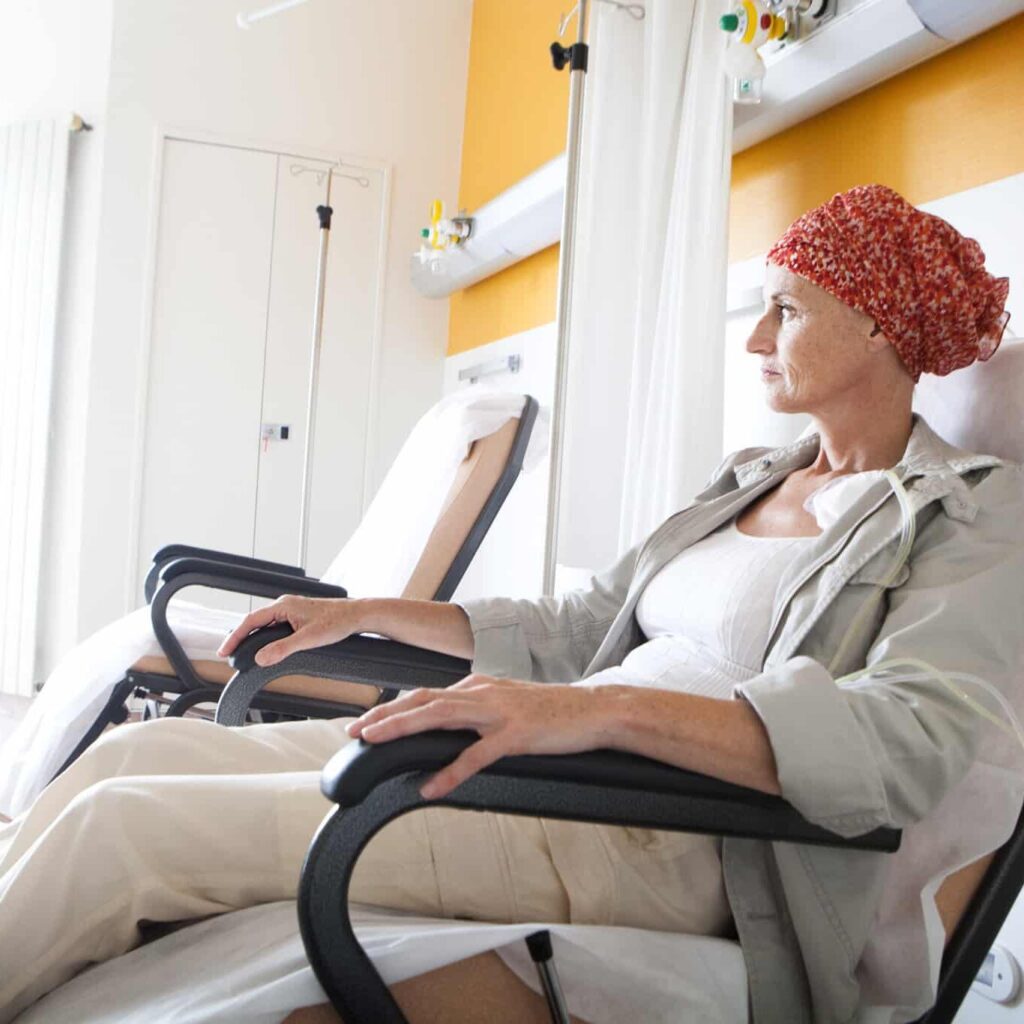
Understanding Lymphoma
Treatment Planning and Options
The first steps in participating in treatment are to ask questions, learn about options, and work closely with the doctor. Being a self-advocate and an active participant in one’s own healthcare can be a positive experience and may help restore hope and control following a diagnosis. All patients should remember that they are partners in their treatment plan. Many patients feel better when they actively participate in their care.
Receive individualized support and information. Call the Lymphoma Research Foundation Helpline:
800-500-9976
helpline@lymphoma.org
Basic Tips for Self Advocacy:
- Don’t be afraid to ask your doctor or nurses questions about your care
- Learn more about your specific lymphoma by asking your doctor for information or learning more about lymphoma and lymphoma subtypes on the Foundation’s website.
- Take advantage of counseling, support groups, nutritional counseling, fitness classes, and other services offered at your doctor’s office, cancer center, or hospital
- Consider joining the Lymphoma Support Network, the Foundation’s nationwide peer-to-peer support program that matches patients and care partners with people who had similar experiences.

Selecting a Healthcare Team
Patients should feel comfortable with their doctor and the approach that they take. Confidence in the medical team often leads to confidence in treatment.

How to Communicate With Your Healthcare Team
Patients can ease their anxieties by establishing open, honest communication with their doctor and nurse regarding their diagnosis and treatment.

How to Communicate With Your Healthcare Team
Patients can ease their anxieties by establishing open, honest communication with their doctor and nurse regarding their diagnosis and treatment.

Questions to Ask Before Treatment
Patients should share questions and concerns with their doctor so that the best treatment option can be decided together.

Treatment Options
Blood cancers, including lymphoma, are extremely heterogeneous and can involve a variety of treatment options, often in combination.

Managing Treatment Side Effects
Some patients experience many side effects and others have very few, but nearly all patients will experience some side effects, which may vary based on a variety of factors.

Integrative Oncology
Integrative medicine in cancer care, called integrative oncology, combines traditional or conventional cancer care with complementary therapies.

Telehealth
Telehealth can be beneficial for patients as an important supplement to standard in-person care, by providing opportunities for patients to stay engaged with their healthcare team, even in times of reduced access.
Download the Lymphoma Care Plan
Keeping your information in one location can help you feel more in control during and after treatment. Patients should complete this
form with their care team.